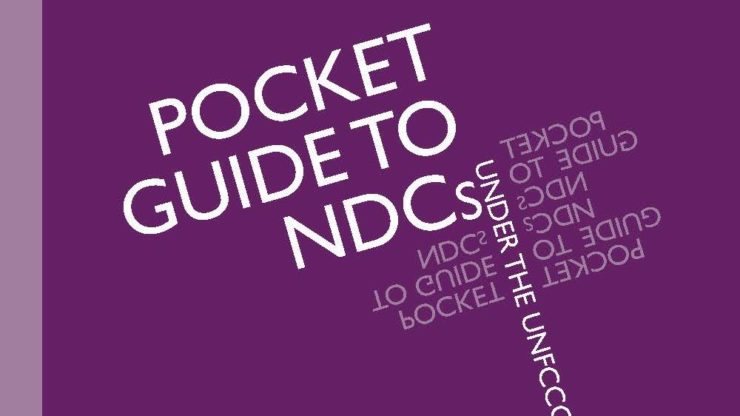The first virtual workshop hosted by UNEP DTU Partnership took place on the 23rd to 24th of April as part of the Initiative for Climate Action Transparency (ICAT) technical training in Vietnam.
Based on the reporting and transparency requirements in the Enhanced Transparency Framework of the Paris Agreement, ICAT methodologies and the Greenhouse Gas Abatement Cost Model (GACMO) was introduced by experts from UNEP DTU Partnership and ICAT partner The Italian Institute for Environmental Protection and Research (ISPRA).
Going virtual in the time of Covid-19
25 people from the Vietnamese Ministry of Ministry of Natural Resources and Environment, Ministry of Ministry of Agriculture and Rural Development and the Ministry of Industry Trade as well as the Energy and Ozone Layer Protection Center and Department of Climate Change participated in the two-day workshop.
The workshop was part of the overall commitment by ICAT to assist Vietnam in its efforts to increase transparency in climate action and reporting, specifically under the Paris Agreement’s Enhanced Transparency Framework.
Due to the covid-19 outbreak, the workshop became the first ICAT workshop to be conducted on a virtual platform. Despite initial technical challenges, the training was a success, with participants and presenters able to exchange experiences and knowledge while staying safely thousands of kilometres apart.
Reporting and sectoral NDC implementation
Focusing on data, the training workshop presented areas where ICAT methodologies and GACMO calculations can assist in reporting and evidence-based implementation of the Nationally Determined Contributions (NDCs).
Experiences from ICAT project implementation in other countries was presented along with an introduction to ICAT methodologies for impact assessment of selected policies.
The workshop also presented current and future Measurement, Reporting and Verification and transparency requirements, and covered how to use GACMO calculations to assess estimated mitigation impacts by sector to improve NDC implementation, and to project sectoral actions to achieve NDC targets.


